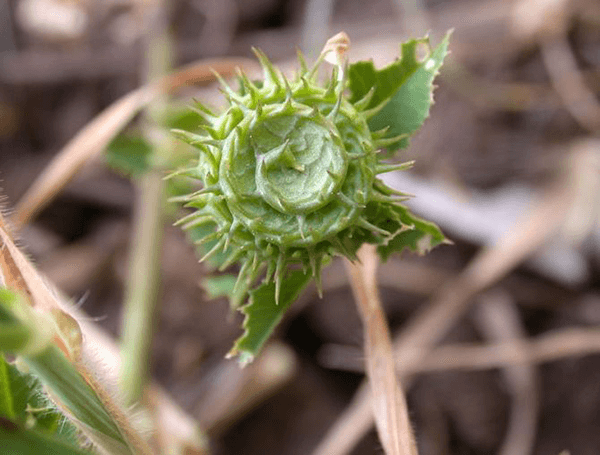Izradu internetske stranice sufinancirala je Europska unija u okviru operativnog programa Konkurentnost i kohezija iz Europskog fonda za regionalni razvoj.
saznajte više

FENUGREEK
lat. Trigonella foenum-graecum
Other names: Greek hay, Greek hay seed, bird’s foot, fenigreek, Greek clover, foenugreek, sicklefruit
Scroll
Habitat:
Fenugreek is native to the Mediterranean countries and western Asia and is undoubtedly one of the oldest cultivated plants and has for millennia been used both as a medicine and a spice in Egypt, India and the Middle East.
Description:
Fenugreek is an erect annual plant of the Fabaceae or the bean family. It has hairy, green and round stems with few leaf stalks and can grow to be about two feet tall (60 cm). It has trifoliate leaves and blooms white flowers tinged with violet in the early summer. The flowers develop into long brown pods which contain the fenugreek seeds. The seeds give strong special aroma, not unlike maple syrup with a hint of celery.
Plant Parts Used:
The leaves and seeds. The leaves are picked in the summer and used fresh. The seeds are collected when they are ripe, dried and used in decoctions, pastes, and powders.
Fenugreek is one of the oldest medicinal plants known to man and has been used for hundreds of years both in Eastern and Western herbal medicine. It has been touted as a panacea, something that could cure all ailments, by many cultures around the world. In modern times, the interest in the herb in the Western world has primarily been because of the alkaloid trigonelline found in the plant, which has been shown to have some potential in the treatment of liver and cervical cancer. Recent scientific research has found that fenugreek seeds can help to reduce cholesterol in the blood. It is the herb’s unique fiber composition and the high content of saponins that are thought to be responsible for both the glucose-lowering and cholesterol-lowering effects. It may be useful as an herbal remedy to minimize the symptoms of menopause and it is thought to be helpful for painful PMS. Fenugreek seeds have been used for loss of appetite and anorexia due to their ability to increase appetite and improve nutrient absorption and digestion.
Cautions:
Please be aware that herbs, although natural can interact with certain medications, and that they may be ill advised to use under certain health conditions. Please consult a qualified health practitioner for cautions pertinent to you.
No therapeutic claim is made or intended for AZENA products. Information is for educational purposes only.




